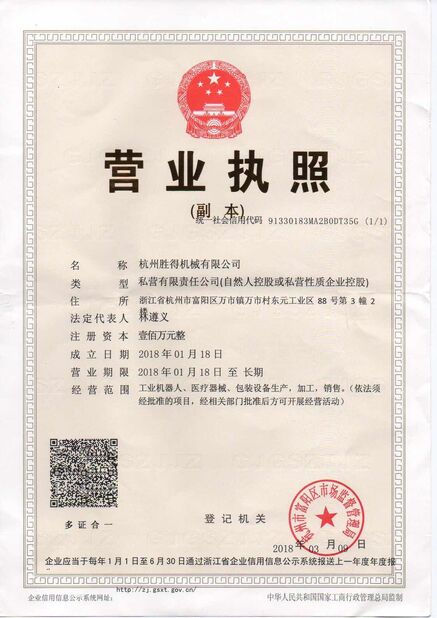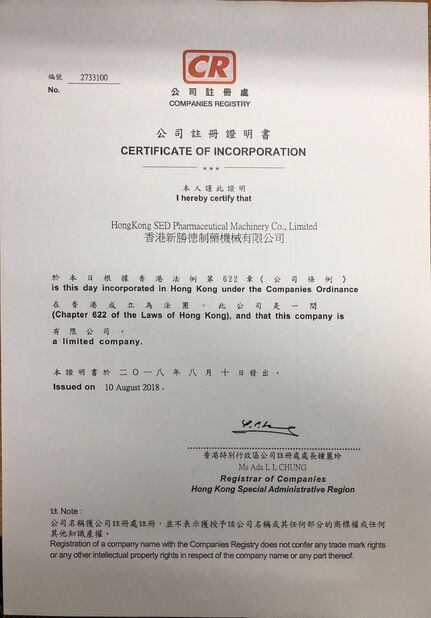Waiting until tablet presses or other pieces of pharmaceutical equipment break down can be a costly mistake. Instead of waiting for malfunctions or unexpected incidents that may halt or decrease production, manufacturing facility managers should implement consistent preventative maintenance procedures.
Daily inspections and regular tune-ups can maintain tablet presses in like-new condition and reduce irregular contact wear, noises, and process malfunctions. Regular preventative maintenance also ensures that tablets are produced according to exact physical and chemical parameters.
Preventative Maintenance Best Practices
Good preventative maintenance processes should be in place before the equipment starts to develop any signs of wear or malfunctions. Even informal daily inspections can help catch problems early, and avoid costly repairs or faulty production runs that don’t meet product standards.
Two important principles for preventative maintenance best practices include:
- Looking for warning signs.
- Maintaining standardized guidelines.
Warning Signs
When tablet presses start to malfunction, they give several early indications of worsening conditions that vigilant facility employees can catch. These include both visual cues and audible cues.
Look for:
- Excessive wear. When parts are no longer aligning correctly, they will start to develop inconsistent wear. This can commonly be found on contact parts such as cams and the compression rolls.
- Erratic compression and inconsistent weight control. Monitoring the weight and compression forces is an easy way to check for operating conditions outside of typical guidelines or accepted tolerances.
- Poor yields. Utilization of worn or improperly adjusted parts almost always leads to unwanted product losses.
- Migration of product outside the compression zone. Residual product accumulation outside the dedicated compression zone is another sign of improperly adjusted parts, worn seals, etc.
Listen for:
- Chatter or jostling noises in compression stations.
- Excessive vibration.
- Noises near the main drive.
Irregular noises along any part of the tablet press machine indicate that the parts are misaligned, malfunctioning, or overworking. Catching these problems early can facilitate easy repair instead of more costly parts replacements.
Guidelines
Every part should be regularly inspected according to set guidelines for standardized maintenance. Every pharmaceutical facility can follow these guidelines to ensure optimal equipment functionality:
- Cams, compression rolls, and main drives. These parts should be inspected for irregular wear and misalignment regularly. Problems with these parts can quickly expand to the next part in the system, including pitting and punch movements.
- Chutes and ejection points. Misaligned or improperly installed chutes can result in poor yields. Minor troubleshooting and adjustments can solve most of these problems.
- Gearboxes. Gearboxes must adhere to factory specifications without requiring constant manual correction. They should be regularly inspected for deviations.
- Load cells. Inspectors should regularly verify weight control and ensure that measuring devices such as load cells provide clear signals.
- Safety interlocks. These parts protect employees and the surrounding area from high-speed and heavy moving parts. They should be inspected daily to ensure the interlocks are engaged and undamaged.
- Shrouds. Metal shrouds should be checked for even minimal signs of contact and wear, which can quickly turn into irreparable damage.
- Turrets. As they represent the heart of any tablet press, it is critical to care for and examine turrets regularly. All elements of these parts should be inspected daily—including punch bores, die cavities, and die tables—to minimize runout.

 Your message must be between 20-3,000 characters!
Your message must be between 20-3,000 characters! Please check your E-mail!
Please check your E-mail!  Your message must be between 20-3,000 characters!
Your message must be between 20-3,000 characters! Please check your E-mail!
Please check your E-mail! 

